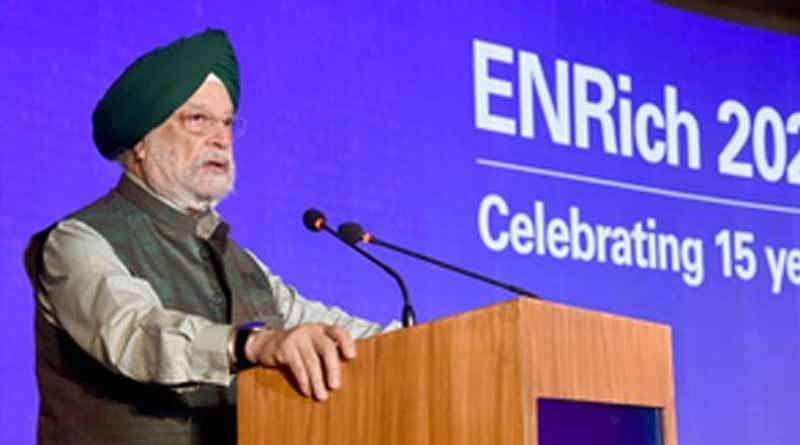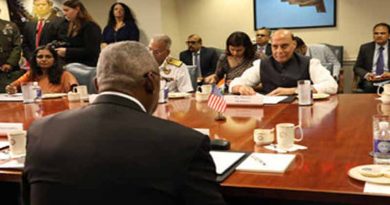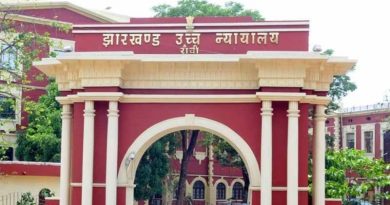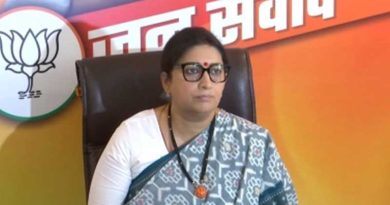AI adoption can generate Rs 33.8 lakh cr worth economic value by2030: Hardeep Puri
New Delhi, Oct 23 : The potential economic impact of artificial intelligence (AI) is immense and AI adoption can generate Rs 33.8 lakh crore of economic value in the country by 2030, Union Minister of Petroleum and Natural Gas, Hardeep Singh Puri, said on Wednesday.
Addressing an event in the national capital, Minister Puri underscored the pivotal role of AI in transforming the energy sector, emphasising that AI is set to revolutionise operations, drive efficiency and accelerate the shift towards a more sustainable energy landscape.
AI and generative AI (GenAI) are optimising operations by leveraging real-time data and insights. International oil companies are making significant investments in AI to enhance operational efficiency, improve safety, and contribute to the transition towards a low-carbon future, he noted.
Minister Puri highlighted how AI is rapidly being adopted across industries and will be instrumental in realising Prime Minister Narendra Modi’s vision of a ‘Viksit Bharat’ by 2047.
“The Indian Public Sector Undertakings (PSUs) in the energy domain are also harnessing AI and machine learning (ML) to improve safety, security, and operational efficiencies at various locations. Through advanced tools like demand forecasting, customer analytics, and pricing analytics, AI is enhancing the overall customer experience in the energy sector,” the minister emphasised.
AI-enabled mechanisms such as deep learning are being used to analyse complex seismic data for identifying potential hydrocarbon reservoirs. Additionally, AI-based prediction of drilling complications and real-time optimisation of drilling parameters have proven effective in improving drilling efficiency and reducing operational costs. Citing the latest research by JP Morgan, the minister discussed the potential of generative AI to increase global GDP by $7-10 trillion over the next three years, leading to a major boost in workforce productivity and reshaping the global economy.









